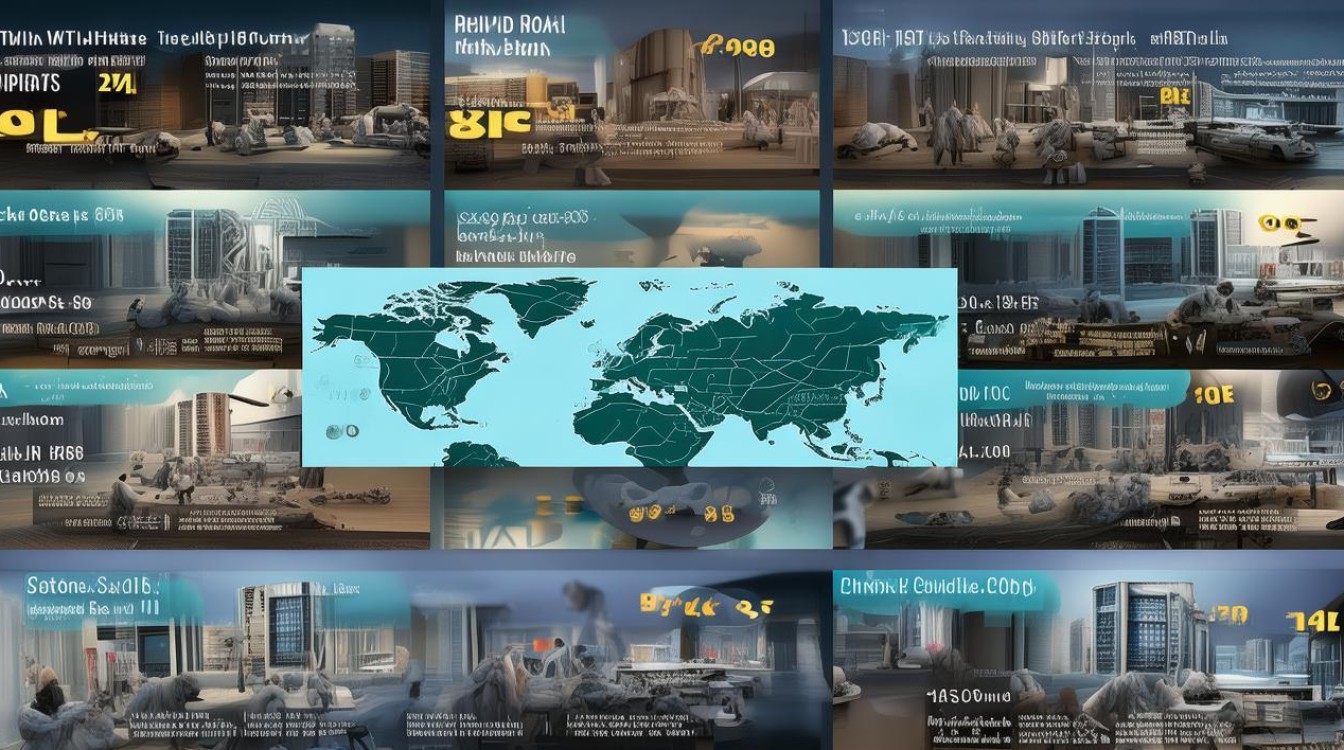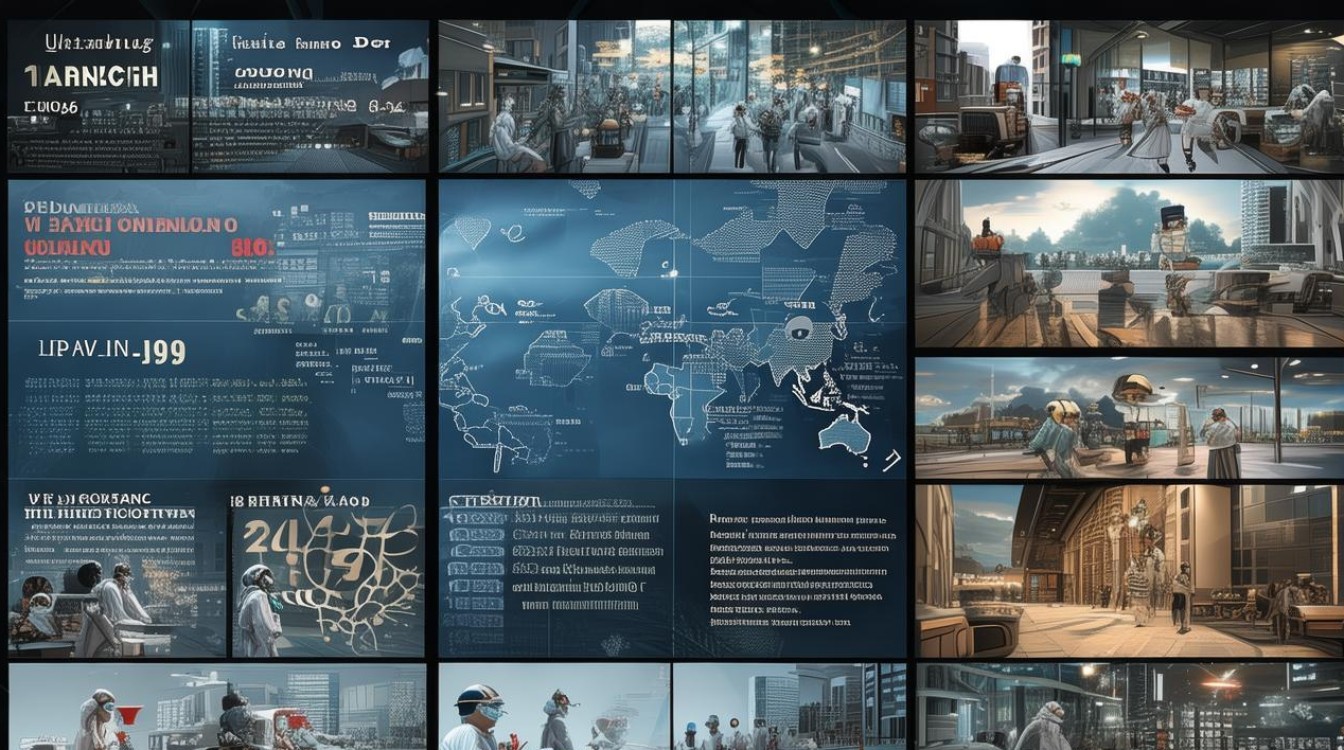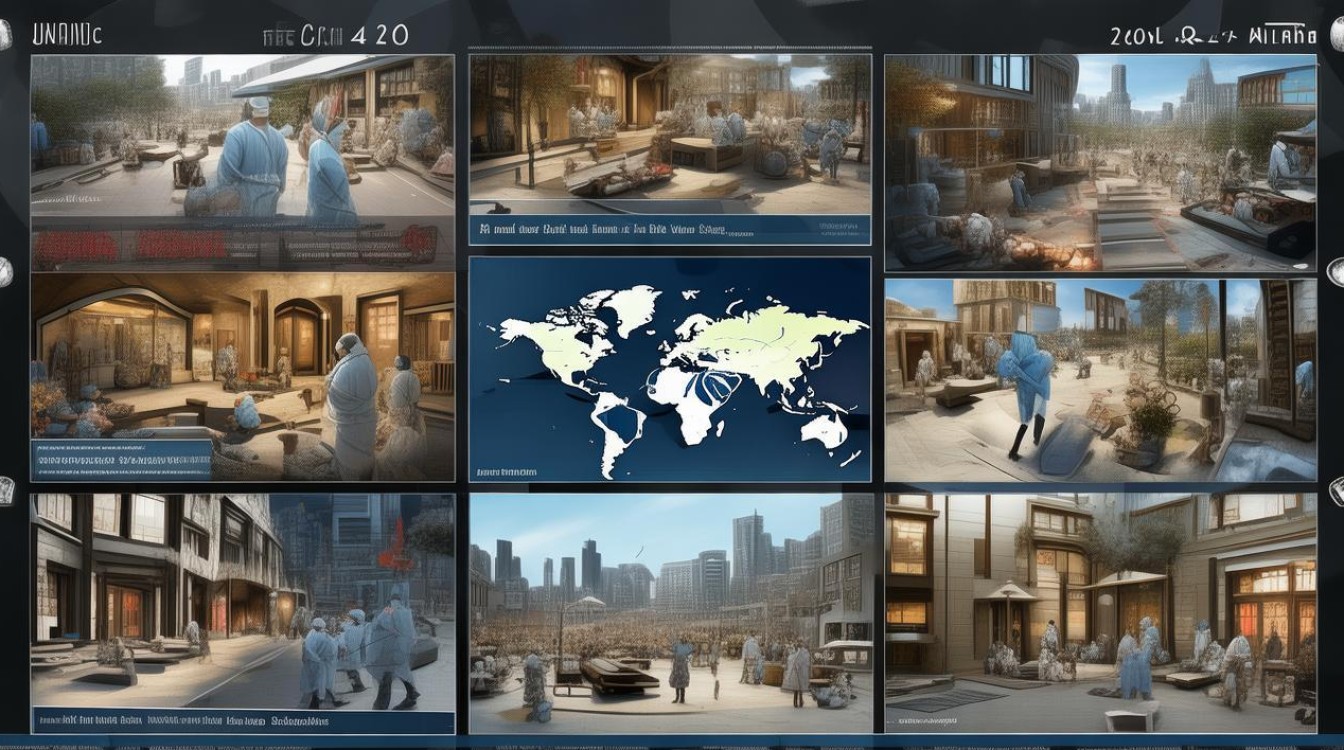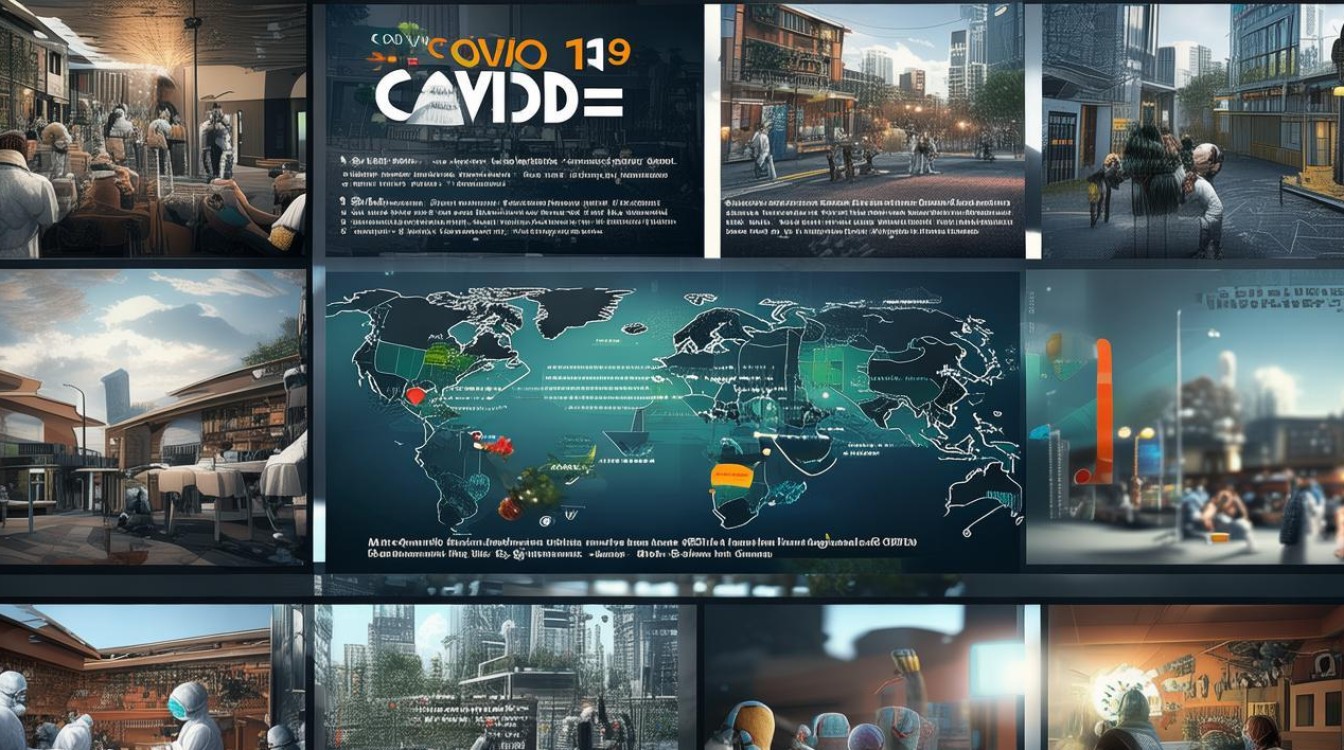The COVID-19 pandemic has reshaped lives, economies, and societies across the globe. From its initial outbreak in late 2019 to its ongoing effects, the virus has challenged healthcare systems, altered daily routines, and spurred scientific innovation. Understanding its multifaceted impact helps us navigate the present and prepare for the future.

Health Consequences and Medical Responses
COVID-19 emerged as a highly contagious respiratory illness caused by the SARS-CoV-2 virus. Early symptoms—fever, cough, fatigue—often escalated into severe respiratory distress, particularly among older adults and individuals with preexisting conditions. Hospitals worldwide faced unprecedented strain, with shortages of beds, ventilators, and medical staff.
The rapid development of vaccines marked a turning point. Pharmaceutical companies like Pfizer, Moderna, and AstraZeneca delivered effective vaccines within a year, a feat previously unimaginable. Mass vaccination campaigns rolled out, prioritizing healthcare workers and vulnerable populations. Despite this progress, vaccine inequity persisted, with low-income countries struggling to secure doses.
Public health measures such as mask mandates, social distancing, and lockdowns became commonplace. While controversial, these steps proved critical in slowing transmission. Countries like New Zealand and South Korea demonstrated how swift, science-based policies could curb outbreaks effectively.
Economic Disruptions and Adaptations
The pandemic triggered a global economic downturn. Businesses shuttered, supply chains faltered, and unemployment rates soared. Industries reliant on in-person interactions—tourism, hospitality, retail—suffered the most. Small businesses, lacking financial buffers, faced existential threats.

Governments responded with stimulus packages and relief programs. The U.S. issued direct payments to citizens, while the European Union launched recovery funds to stabilize economies. Remote work became the norm, accelerating digital transformation. Companies like Zoom and Amazon thrived as demand for online services surged.
Yet, the economic recovery remains uneven. Inflation, labor shortages, and geopolitical tensions complicate the path forward. The pandemic exposed systemic vulnerabilities, prompting calls for resilient economic frameworks.
Social and Psychological Effects
Isolation and uncertainty took a toll on mental health. Anxiety and depression rates climbed as people grappled with fear, grief, and disrupted routines. Students faced interrupted education, with many struggling to adapt to online learning. The digital divide widened, leaving underserved communities further behind.
Community solidarity also emerged. Neighbors supported each other, frontline workers received widespread appreciation, and mutual aid networks proliferated. Creativity flourished, with virtual concerts, online fitness classes, and digital art exhibitions offering solace.

Scientific and Technological Advancements
The crisis spurred innovation. mRNA vaccine technology, once experimental, proved its potential. Researchers developed antiviral treatments like Paxlovid, offering hope for high-risk patients. Wastewater surveillance and rapid testing became vital tools for tracking outbreaks.
Artificial intelligence aided drug discovery and contact tracing. Telemedicine gained traction, expanding healthcare access. These advancements underscore the importance of sustained investment in science and technology.
Lessons for the Future
COVID-19 revealed both strengths and weaknesses in global preparedness. Strengthening healthcare infrastructure, ensuring equitable vaccine distribution, and fostering international collaboration are essential. Individuals, too, must remain vigilant—embracing vaccination, adhering to public health guidelines, and combating misinformation.
The pandemic is a stark reminder of our interconnectedness. Challenges like climate change and future pandemics demand collective action. By learning from this experience, we can build a more resilient, equitable world.

The road ahead is uncertain, but humanity has shown remarkable adaptability. Let us carry forward the lessons of resilience, empathy, and innovation as we shape the post-pandemic era.

